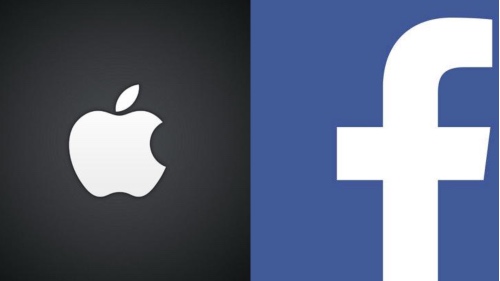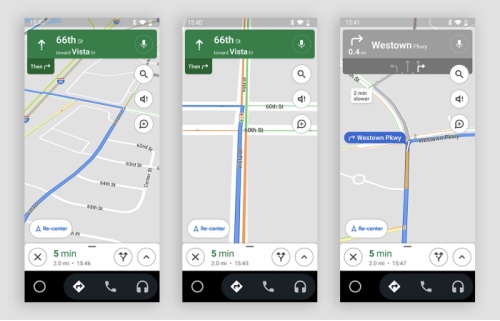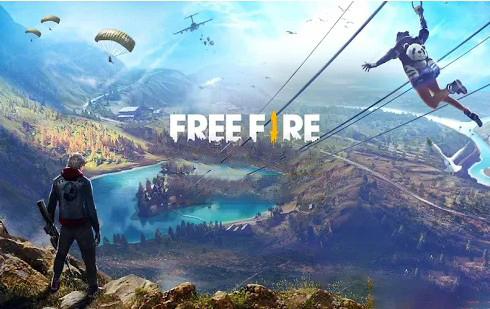Can Data Lie? Social Media Titans’ Super-Speed Recovery and the Pervasive Disputes (II)
“Runaway” Advertisers, Resisted Facebook
In May 2020, George Floyd, an African American man, died of suffocation due to the police’s oppressive conduct, which sparked the BLM (Black Lives Matter) protest in the United States. The social movement swept both offline and online. Since June, organizations such as the American Anti-Defamation League (ADL) and the National Association for the Advancement of Colored People (NAACP), have launched a boycott of Facebook, calling on large companies to stop advertising on Facebook and its other platforms from July because of its poor performance in interfering with the spread of extremes.
 The campaign was triggered by a tweet from President Trump “when the looting starts, the shooting starts.” at the end of May. He posted the news synchronously on Facebook and Twitter, but the latter one labeled it as “violent rhetoric” whereas the former one did nothing, thus arousing resentment among some people.
The campaign was triggered by a tweet from President Trump “when the looting starts, the shooting starts.” at the end of May. He posted the news synchronously on Facebook and Twitter, but the latter one labeled it as “violent rhetoric” whereas the former one did nothing, thus arousing resentment among some people.
Facebook CEO Mark Zuckerberg reaffirmed that he wouldn’t take any action on this post during an internal speech delivered in June. In the Fox News interview, Zuckerberg differed from Twitter’s approach, saying “I just believe strongly that Facebook shouldn’t be the arbiter of truth of everything that people say online,” and neither should other private companies.
The speech prompted many Facebook employees to go on strike or resign online, fueling a backlash against the social network. Over 1100 large advertisers, including Unilever, Microsoft, VFCorp, Verizon, North Face, Patagonia, and large and medium-sized enterprises such as Coca Cola and Starbucks, participated in the boycott in a month.
Greatly pressured by the advertisers, Facebook backed down, agreeing to label illegal or hate speech on the platform and to protect minorities from discrimination. The boycott ended with Facebook giving in.
Why has Twitter been ridiculed even with its active fact-check of the tweet?
Twitter has been more active than Facebook in curbing extremes and controversial speech. In the 2020 Presidential Election, Twitter added a fact-check label to many related tweets. Fact-check label was added to two of the president’s tweets that contain potentially misleading information about voting processes and have been labeled to provide additional context around mail-in ballots.
Twitter CEO Jack Dorsey has been vocal in defense of Twitter’s fact-check of the tweet. “We’ll continue to point out incorrect or disputed information about elections globally. And we will admit to and own any mistakes we make,” he tweeted. “This does not make us an ‘arbiter of truth,’” Dorsey continued in another tweet. “Our intention is to connect the dots of conflicting statements and show the information in dispute so people can judge for themselves. More transparency from us is critical so folks can clearly see the why behind our actions.”
In a way, Twitter is becoming what Zuckerberg calls “the arbiter of truth”. This has enabled twitter to gain some support. But at the same time, there’s also a lot of opposition, who think Twitter has crossed the line.

Although Dorsey has been explaining that Twitter doesn't want to be the arbiter of truth, there are still quite a few people who think they are treated differently because of their different opinions. Gradually, some users’ distrust of twitter was fueled and ignited. Some users even chose to leave Twitter. Therefore, some unknown social platforms took over this part of the traffic.
Snapchat: Two Sides of “Privacy Protection”
Snapchat’s woes, compared with the fact-check troubles of Facebook and Twitter, are largely due to its lack of privacy. Snapchat’s claim to fame has always been its privacy feature, automatically deleting so-called ephemeral messages or after a period of time.
Ironically, the social network’s biggest criticisms have also been on its privacy practices. In September 2019, former employees came out, anonymously, of course, to reveal that the company hasn’t exactly been exercising due diligence in making sure that a special tool primarily used for law enforcement and fighting abuse isn’t being abused by employees themselves to spy on Snapchat users.
That internal tool is called SnapLion, which is able to access data such as location, phone numbers, email addresses, and saved Snaps that haven’t been automatically deleted yet.
Over time, SnapLion has also grown to be used by Snapchat itself to fight bullying and harassment on the platform, but it was supposed to be limited only to employees that actually do need such access, from the company’s security staff to “spam and abuse” teams. As one former employee reveals, SnapLion has also been used to get that same user data for illegal purposes, which means users should probably presume that anything unencrypted is going to be viewable by humans.
For an application that provides the function of “deleting after reading”, users would no doubt have more faith in its privacy and thus send more intimate information. In this case, despite Snapchat’s quick denial of the revelation, the rumor still spooked lots of users, with lasting negative effects.
OTHER NEWS
-
- Acer Global Launch Event, 2020
- By Johnny 24 Apr,2023

-
- Latest Report on Digital Payment in Southeast Asia
- By Marilyn 24 Apr,2023

-
- Video Mentoring Platform Superpeer Launches Paid Channels
- By Judy 24 Apr,2023

-
- A Black Friday With Booming Online Sales
- By Hughes 24 Apr,2023

-
- Zuckerberg Criticized Apple for Its Privacy Policy, Seeing Apple as One of Facebook’s “Biggest Competitors”
- By Anderson 24 Apr,2023

-
- Google Maps to Show the Locations of Traffic Lights
- By Jackson 24 Apr,2023

-
- How to Get Free Gold Bars in Candy Crush?
- By Davis 24 Apr,2023

-
- British scientists recommend people to add extra vitamin D to milk and bread
- By Betty 24 Apr,2023

-
- Cash: from the Most Popular Payment Method to the Least-used One
- By Shawn 24 Apr,2023

-
- Genetic factors have significant impacts on the risk of sex crimes
- By Paula 24 Apr,2023

-
- Playing video games as a child is proven to bring lasting improvement in cognitive ability
- By Jacqueline 24 Apr,2023

-
- How to Get Gold and Diamond for Free
- By Denise 24 Apr,2023

 1
1 1
1